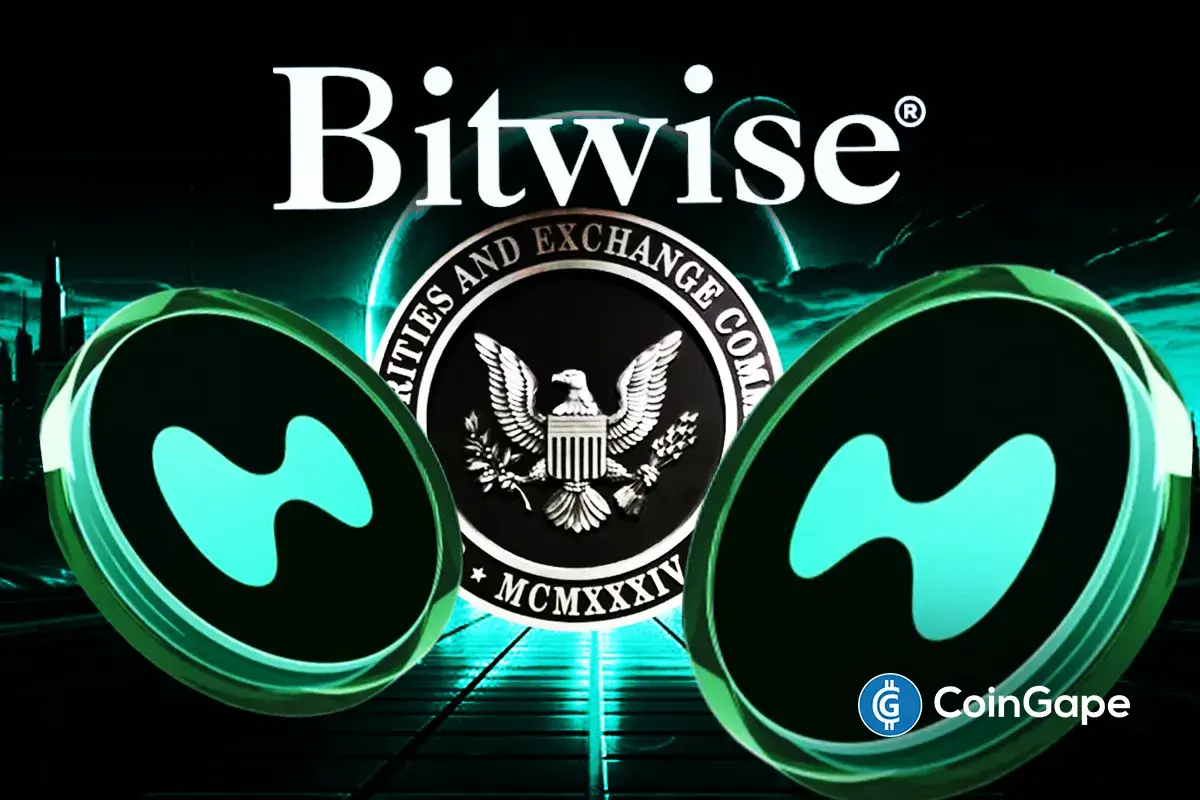China Offers Global Regulatory Guidelines For CBDC

China has proposed a set of global guidelines on Central Bank Digital Currencies (CBDC) to help other central banks towards the development of their respective CBDCs. The announcement comes in the wake of many western countries showing great interest in launching their sovereign digital asset as the world moves towards a more digital future in the wake of the coronavirus pandemic.
China is currently leading the CBDC race as its digital Yuan is currently in the testing phase with pilot programs running in several provinces of the country. It started working towards developing its digital currency after banning crypto trading in the country nearly 6 years ago.
Mu Changchun, the director-general of the PBOC’s digital currency institute, laid out the new proposals at a Bank for International Settlements seminar and said,
“Interoperability should be enabled between CBDC (central bank digital currency) systems of different jurisdictions and exchange. Information flow and fund flows should be synchronized to facilitate regulators to monitor the transactions for compliance.”
While China is currently in the final stages of CBDC roll-out many other European countries like Germany and Britain have started their work towards a CBDC. The likes of Japan and South Korea are currently in the testing phase with several sandbox programs running in the respective countries.
China’s Progress in the CBDC Field Make Western Counterparts Accelerate Their Plans
China is currently at the forefront of the CBDC development, something the likes of the US perceive as a monetary threat to the US Dollar’s dominance in the international trade markets.
Many countries have even called for speeding up their CBDC plans in the wake of China’s rapid development.
Last year Chinese President has even called for the rapid adoption of blockchain technology as it would become an integral part of the financial system.
- Why is the Crypto Market Down Today? BTC, ETH, XRP Lead Drop
- SEC Crypto Task Force Hosts Financial Privacy Roundtable Today: What to Expect
- Breaking: Kevin Warsh Now Favorite to Replace Powell After Hassett’s Fed Chair Bid Faces Pushback
- First Hyperliquid ETF Launch ‘Imminent’ as Bitwise Files Amended S-1 With SEC
- XRP News: Ripple’s RLUSD Eyes Wider Adoption as Stablecoin Expands to Coinbase’s L2 Base
- Bitcoin Price Weekly Forecast as Gold’s Surge Revives Inverse Correlation — Is $85K Next?
- Ethereum Price Risks $2,600 Drop Despite JPMorgan’s New Fund on its Network
- Analyst Confirm Pi Network Price Could Still Reach $1, Here’s When?
- Is Ethereum Price Set for a Rebound as a Prominent Whale Accumulates $119M After the Dip?
- XRP Spot ETF Records Nearly $1B Inflows While BTC and ETH Bleed- Is A XRP Price Reversal Ahead?
- Bitwise SOL ETF Records 33 Days of Nonstop Inflows- Is A Recovery to $150 Possible?
















